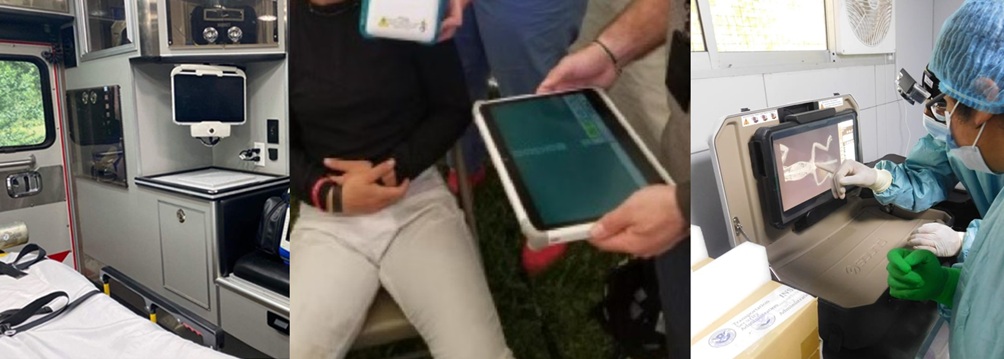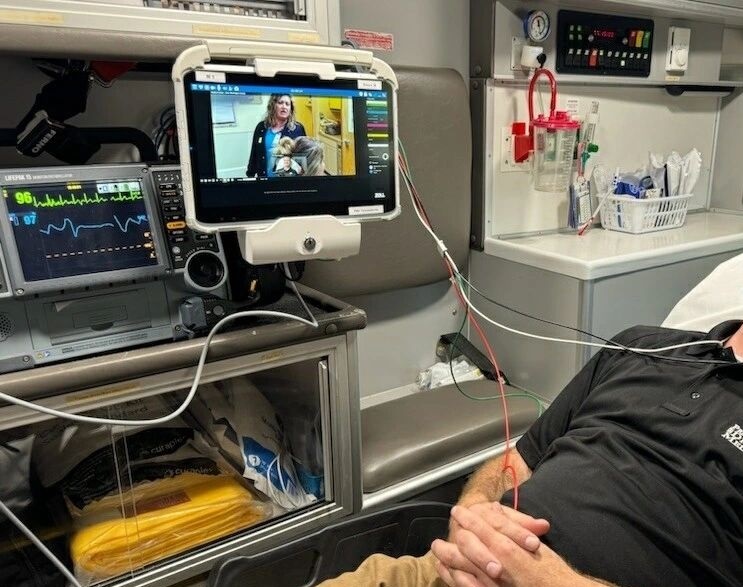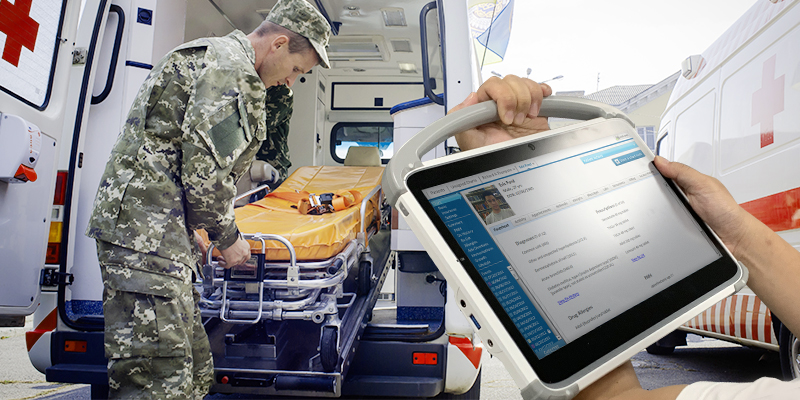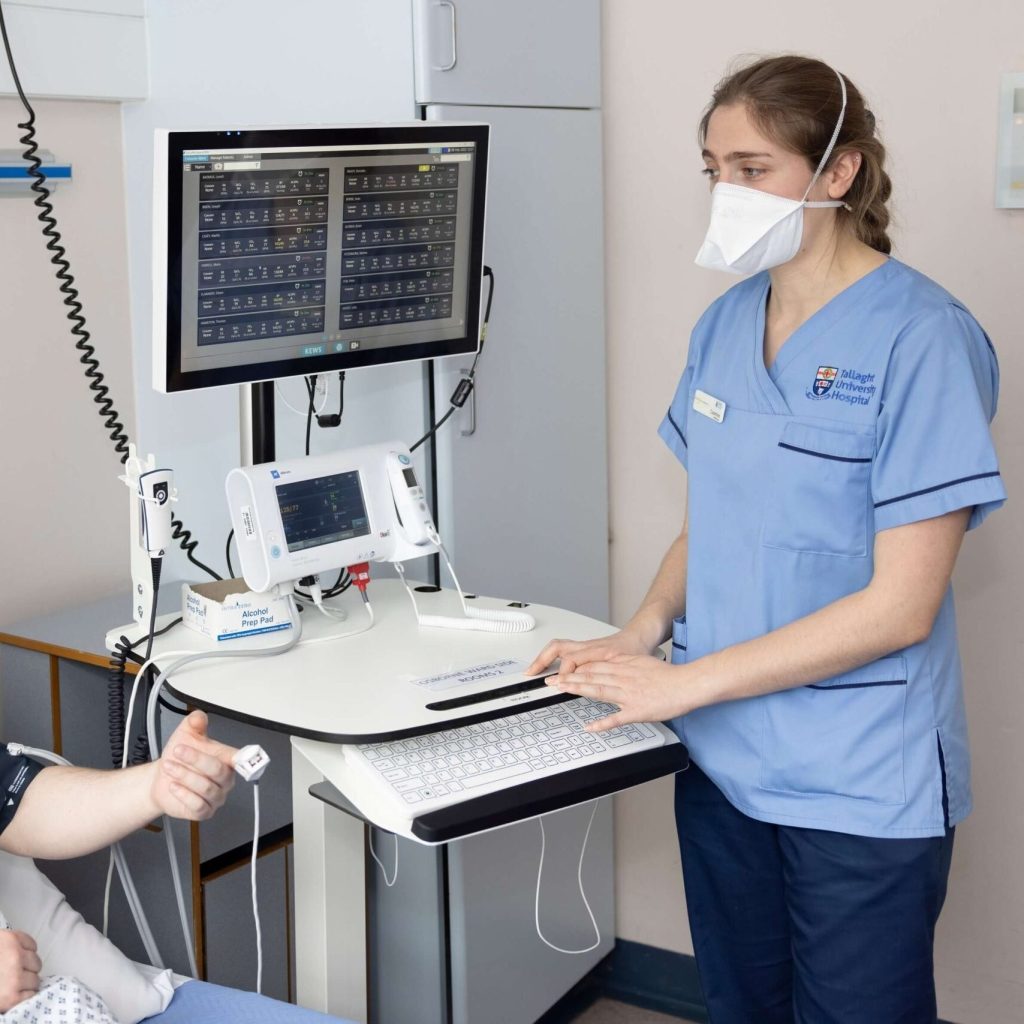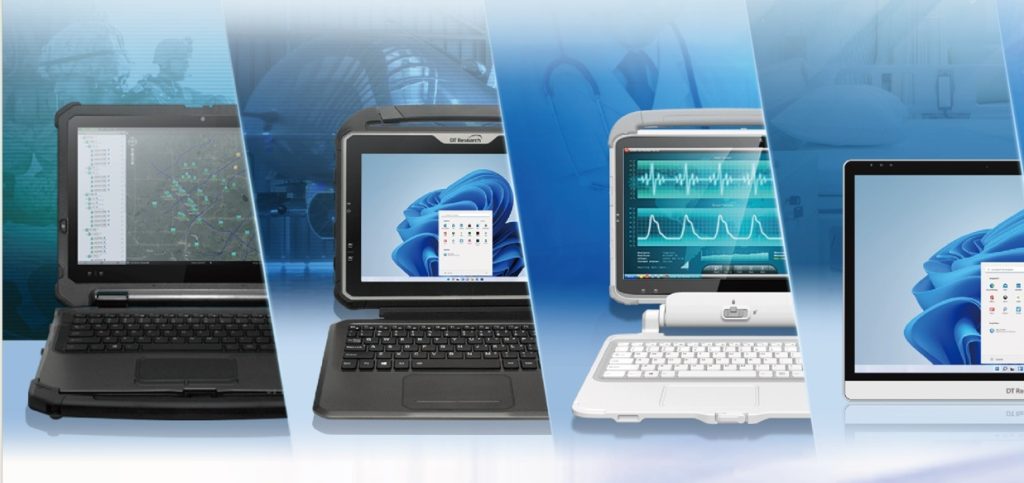
At DT Research, innovation doesn’t start in a lab; it begins with a conversation. Every rugged computing system we design is influenced by the people who rely on it in the real world: clinicians working long shifts, defense teams operating in unpredictable environments, and field professionals who can’t afford downtime. Their feedback is more than just suggestions; it serves as the foundation for how we build better rugged computing solutions.
Continue reading “How Customer Feedback Fuels Our Innovation at DT Research”

